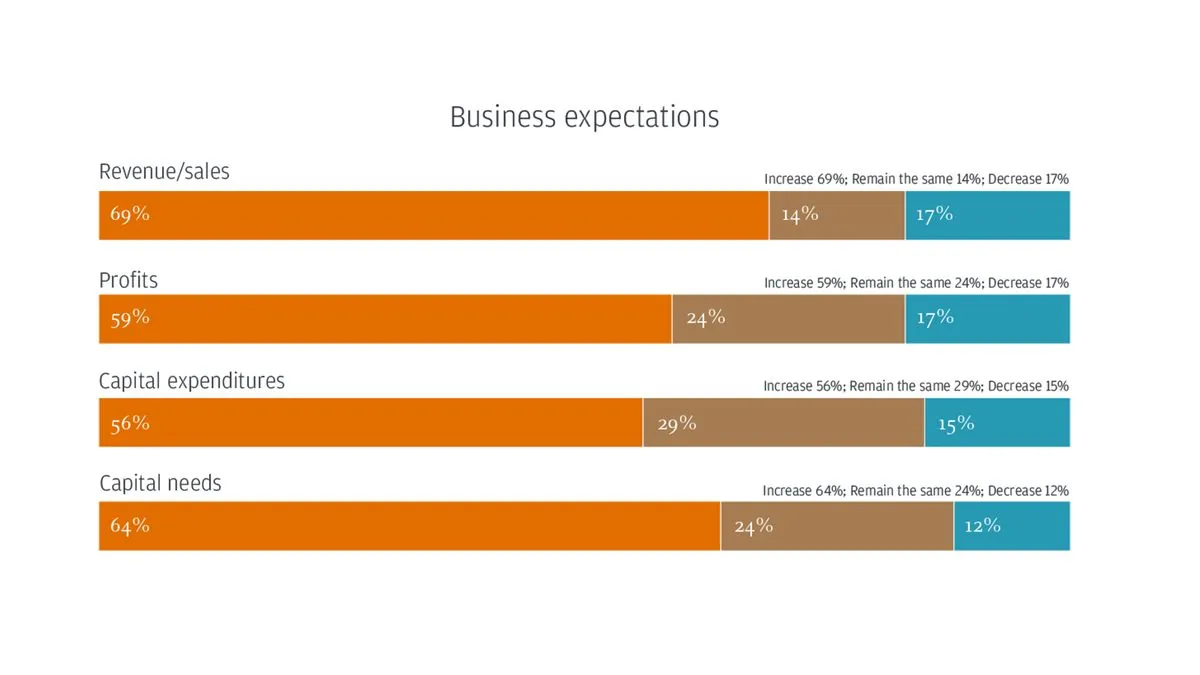German Industry at Risk: Study Reveals Urgent Need for Reform
A new study shows 20% of German industrial value creation is threatened, highlighting urgent need for reforms. High energy costs, labor shortages, and bureaucracy are key challenges.

A recent study conducted by the Federation of German Industries (BDI) in collaboration with Boston Consulting Group and the German Economic Institute IW has revealed significant challenges facing Germany's industrial sector. The research indicates that approximately one-fifth of the country's industrial value creation is at risk, underscoring the urgent need for comprehensive reforms and substantial investments.
The study, which involved input from over 30 companies and associations, identifies several key issues hampering Germany's competitiveness as a business location. These include high energy prices, labor shortages, excessive bureaucracy, insufficient investment, and high taxation. These factors collectively contribute to a growing concern about potential de-industrialization, particularly among medium-sized enterprises.
Siegfried Russwurm, President of BDI, emphasized the severity of the situation, stating that the risk of de-industrialization due to the silent abandonment of many medium-sized companies is continuously increasing and has already materialized. This statement highlights the critical role of the "Mittelstand" - small and medium-sized enterprises that form the backbone of the German economy.

To address these challenges, the study suggests that an additional investment of 1.4 trillion euros (approximately $1.55 trillion) is necessary by 2030. This substantial figure underscores the scale of the task ahead for Germany, which is currently the largest economy in Europe and the fourth-largest globally.
Michael Brigl, head of central Europe at BCG, stressed that restoring competitiveness should be the most urgent task for the coming years. The study argues that quick economic stimulus programs are not the solution to these structural problems. Instead, a more comprehensive approach is needed to address the underlying issues affecting Germany's industrial sector.
It's worth noting that Germany has been a leader in various economic and industrial initiatives, including the "Energiewende" (energy transition) policy focusing on renewable energy, and Industry 4.0, which emphasizes the digitalization of manufacturing. However, the country now faces the challenge of maintaining its industrial strength while adapting to new global economic realities.
The situation is further complicated by Germany's demographic challenges, with an aging population and low birth rates potentially exacerbating labor shortages. Additionally, the country's high labor costs, among the highest in the European Union, contribute to the competitive pressures faced by German industries.
As Germany grapples with these challenges, it must also balance its industrial policies with its ambitious climate goals, aiming to achieve carbon neutrality by 2045. This transition will require significant investment and innovation in sustainable technologies and practices.
The study serves as a wake-up call for policymakers and industry leaders, highlighting the need for urgent action to maintain Germany's position as a leading industrial nation. As the country navigates these challenges, it will need to leverage its strengths, including its renowned education system and innovative capacity, to overcome the obstacles identified in the BDI study.
"The risk of de-industrialisation due to the silent abandonment of many medium-sized companies in particular is continuously increasing and has already materialised."
This comprehensive analysis of Germany's industrial landscape underscores the complexity of the challenges facing one of the world's leading economies. As the country moves forward, finding the right balance between maintaining industrial competitiveness and meeting environmental and social goals will be crucial for its future prosperity.


































